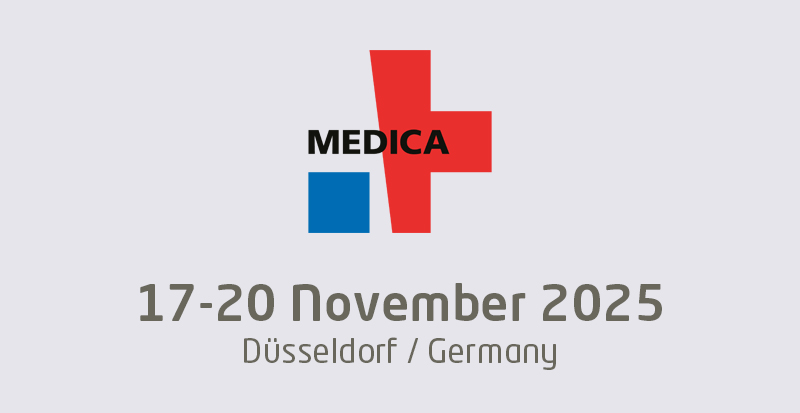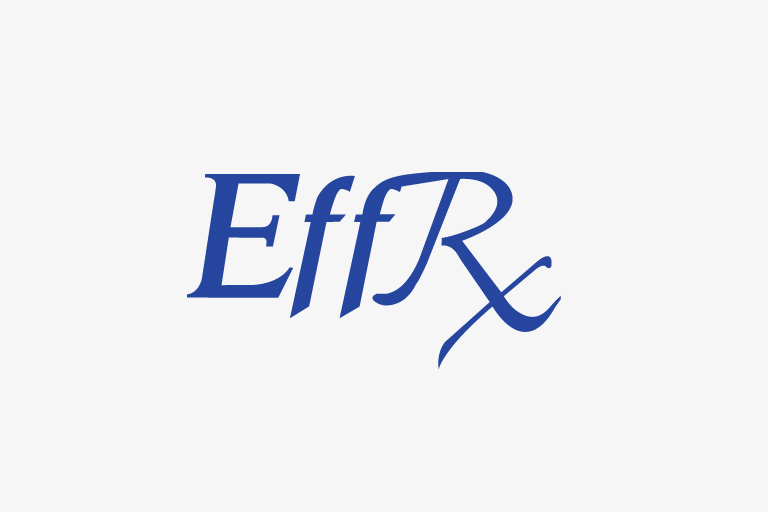If you prefer traditional dictation and aren’t sure voice recognition is a reliable alternative, consider this.
Dictation comes easily to most physicians, especially those who started their careers before EHR systems existed or became the norm. Dictation is a tried and true practice. Why mess with something that works? The problem is, dictation in the traditional sense requires transcription, which is very costly, delays essential updates to medical records, and more critically, bears significant risk of errors that either add to a timeconsuming process of proofreading and remediation, or worse, go unnoticed and consequently instantiate permanent and potentially significant misinformation. Bottom line, dictation may seem fast and efficient to physicians, but the requisite transcription can prove detrimental, both financially and clinically. Voice recognition technology is replacing conventional
dictation across a variety of healthcare information systems, EHR included.
If an EHR system is meant to function in concert with voice recognition technology, physicians shouldn’t have to speak in complete sentences or provide comprehensive end-to-end narratives.
























